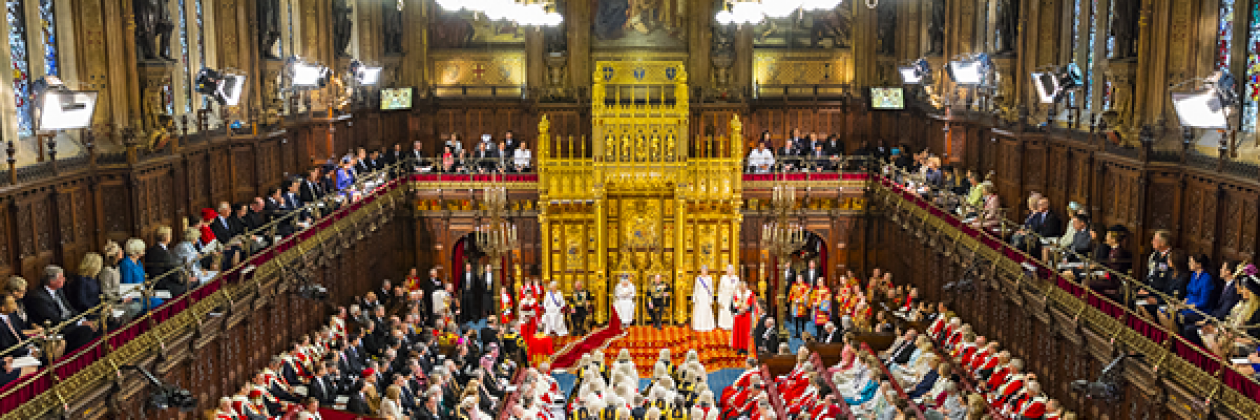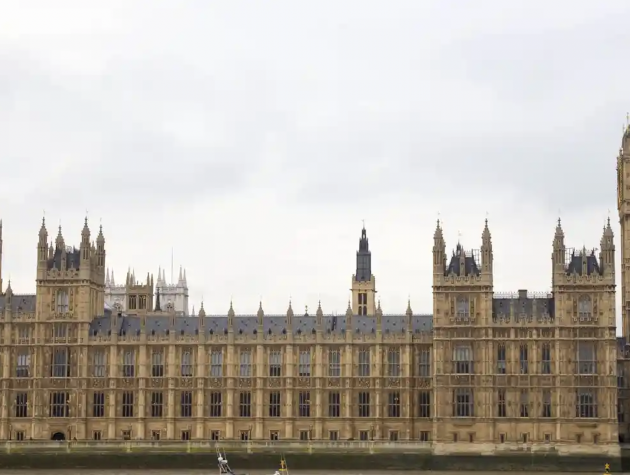GEG submission on UK-Singapore DEA extensively cited in UK Parliament Report
Emily Jones, Danilo B. Garrido Alves, Beatriz Kira and Rutendo Tavengerwei submitted written evidence to the House of Lords' International Agreements Committee on the digital provisions of the Singapore-UK Digital Economy Agreement.
This evidence is based on the ongoing research project on the regulation of the digital economy, and is in line with the Blavatnik School of Government's goal to promote evidence-based public policy.
In their submission, which was extensively cited in the Committee's Report, the researchers examine the digital provisions in the UK-Singapore DEA, explain how they differ from previous UK trade agreements, and highlight possible public policy implications. They also discuss the content of the MOUs.
Their headline findings are that:
- The UK-Singapore DEA is the UK’s most extensive agreement on digital trade so far, and arguably the most extensive digital trade agreement in the world. It builds upon other recent agreements, notably the Australia-Singapore Digital Economy Agreement (2020) and the UK-Australia FTA (2022) (see Table 1). It includes novel provisions such as articles on Logistics (Art. 8.61-C), Lawtech cooperation (Art. 8.61-T), and Digital Inclusion (Art. 8.61-P) and is the first agreement to specifically mention the issue of decent work in the digital economy. It also goes further than previous UK agreements in areas such as digital identities, e-invoicing, electronic authentication, online safety, competition policy, and digital standards and conformity assessment.
- The agreement has implications for UK digital economy policy in a range of areas including data protection, online safety, regulation of digital technologies such as AI and Internet of Things, digital identities, and cyber security. Careful analysis and evaluation of the provisions is important for ensuring consistency between the text of the treaty and areas of existing or proposed domestic policy, to ensure that commitments in the UKSingapore DEA strike an appropriate balance between different policy objectives such as enabling free flow of data and ensuring high levels of personal data protection, and promoting innovation while also ensuring ethical use of new technologies. In some areas there are concerns that commitments are too narrow and specific to ensure effective policymaking and may unduly restrict the government’s future ability to regulate fast-moving technologies.
- The agreement focuses on promoting digital trade and the adoption of digital technologies in the UK and Singapore, through commitments by the UK and Singaporean governments to refrain from imposing some forms of regulation in future (such as data localisation) and by promoting inter-operability between regulatory frameworks. In some areas of digital economy regulation, the Parties agree to work towards regulatory alignment and mutual recognition, including in digital identities, e-authentication, and Internet of Things.
- Compared with previous UK agreements, the UK-Singapore DEA makes modest steps forward in promoting consumer interests, labour protections and digital rights although stops short of making strong and specific commitments in most cases. Notably the UK-Singapore DEA is the first trade agreement to mention the issue of labour protection in the digital economy. This is important as more than 4 million people work in the gig economy in the UK and there are widespread concerns about gig economy employment practices. It is the first UK agreement to include articles on online safety and promoting competition in the digital economy, to explicitly acknowledge some challenges associated with new technologies such as unintended bias in the use of AI, and to mention the use of data trusts as a mechanism for improving data sharing. However, the Parties stop short of making strong commitments in these areas, and in the area of open internet access, the commitments are weaker than previous UK agreements.
- Like previous agreements there are strong provisions on cross-border data flows. These are accompanied by a small change in the legal drafting of the article on personal data protection which may reduce the risk of downward pressure on UK standards on personal data protection. However, it is striking that the UK has not followed the EU’s path in negotiating more robust protections for its personal data regime, and the UK will also need to exercise caution that any data adequacy decision for Singapore does not undermine its own data adequacy with the EU.
- The agreement places substantial emphasis on enhancing government-to-government cooperation in the digital economy, which is important given the rapid evolution of digital technologies and the challenges governments face in developing policy that. However, stakeholder engagement processes remain weak. In the negotiation of the agreement the UK government had a specific mechanism for consulting with UK businesses - the Trade Advisory Group on telecoms and technology – but there was no analogous mechanism for consumer groups, digital rights groups, or labour organisations (instead they had to rely on more general consultative committees). The UK-Singapore DEA agreement creates a Digital Economy Dialogue with the express aim of promoting stakeholder engagement but the language is vague and although it ‘may include participation from other interested stakeholders, such as researchers, academics, and industry’ no mention is made of consumer groups, digital rights groups, or labour unions as potential participants.







